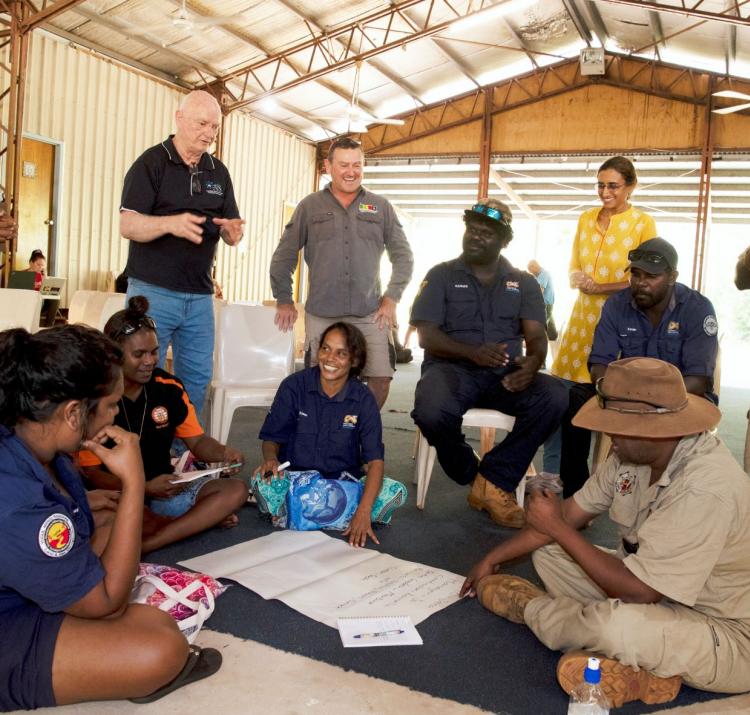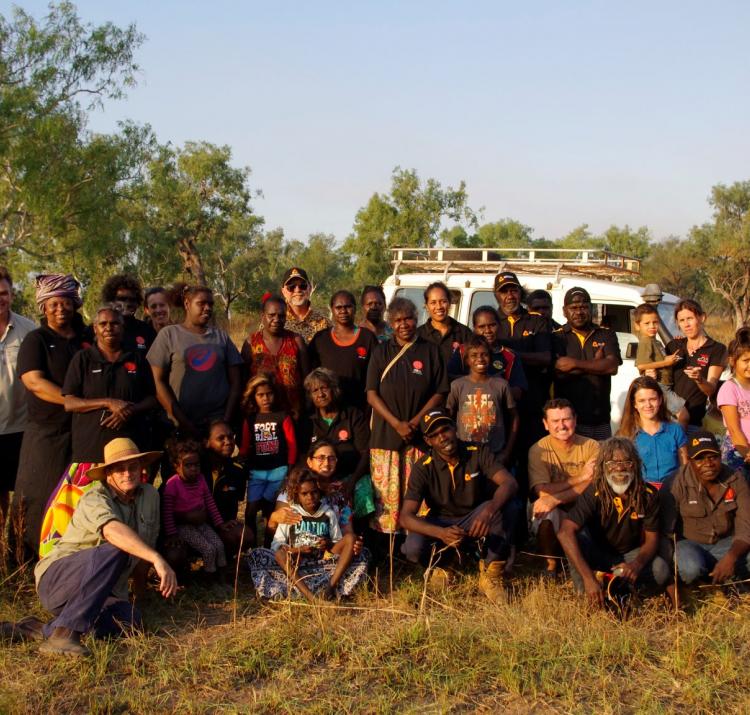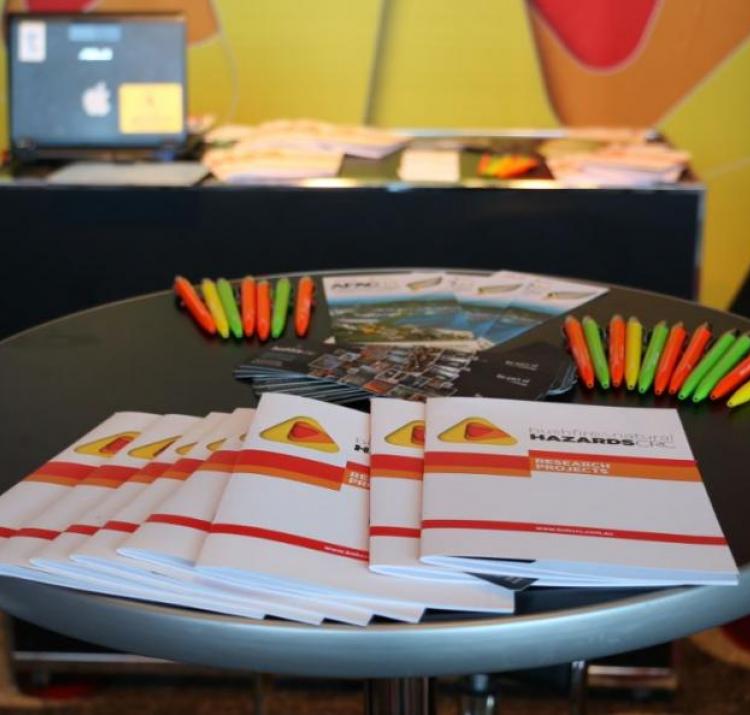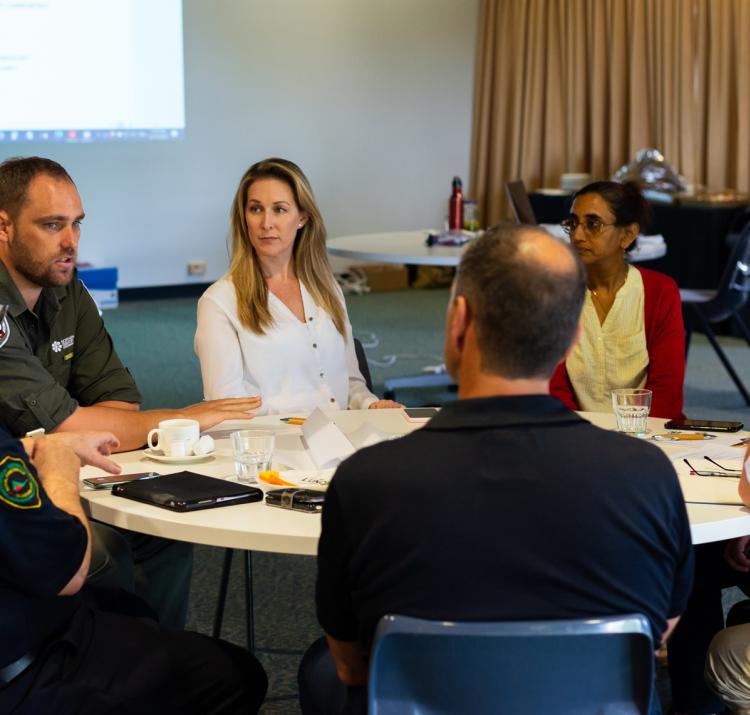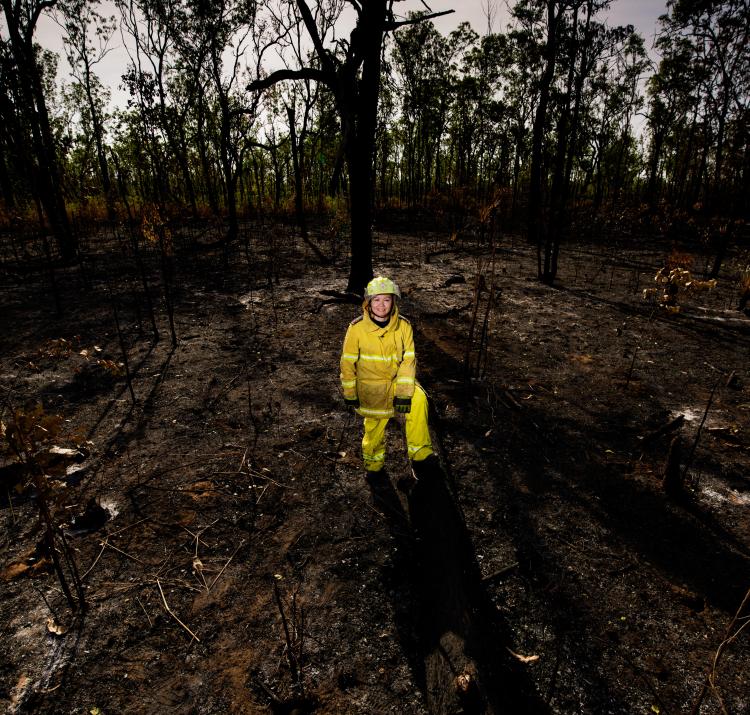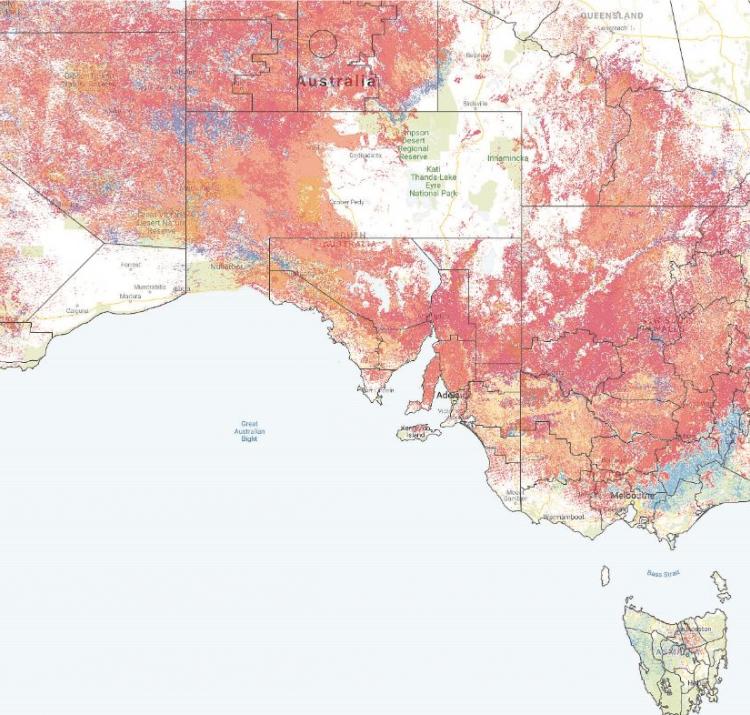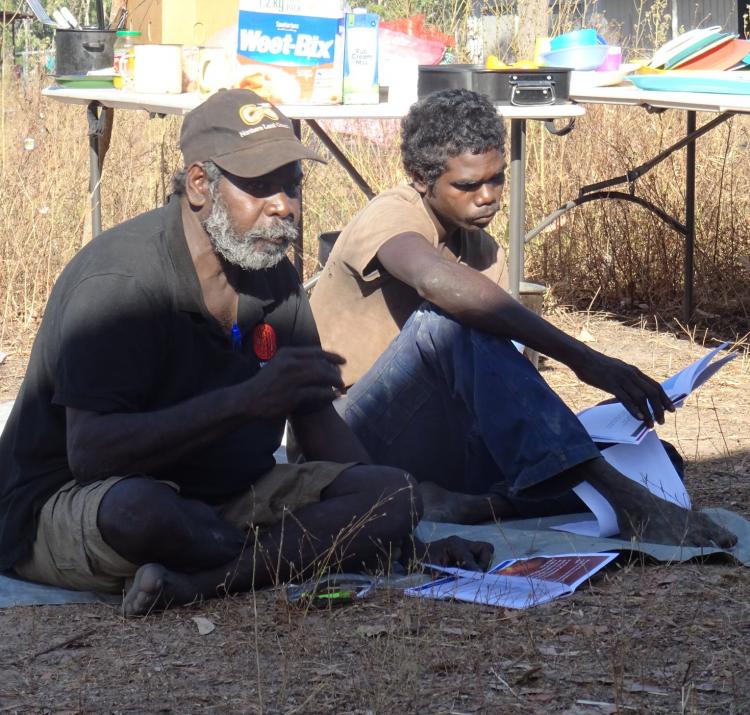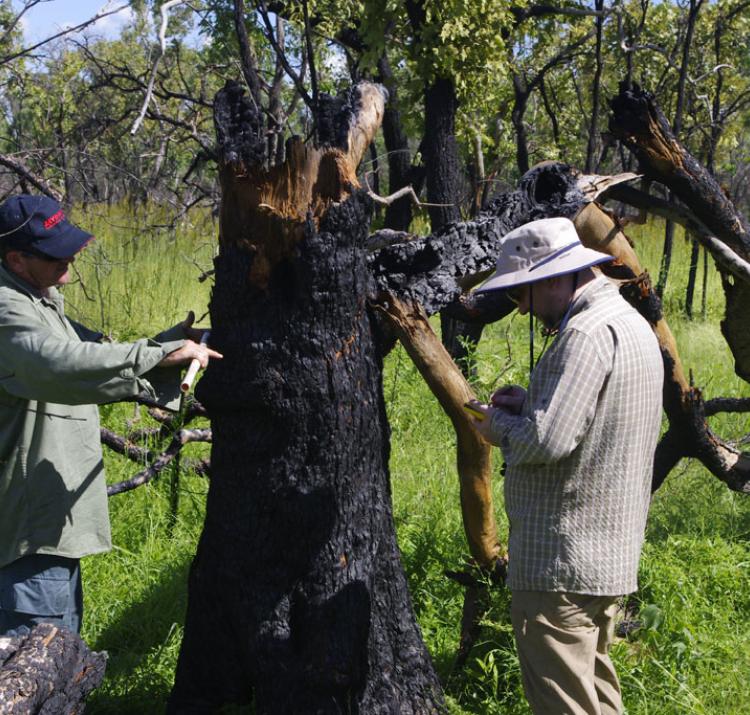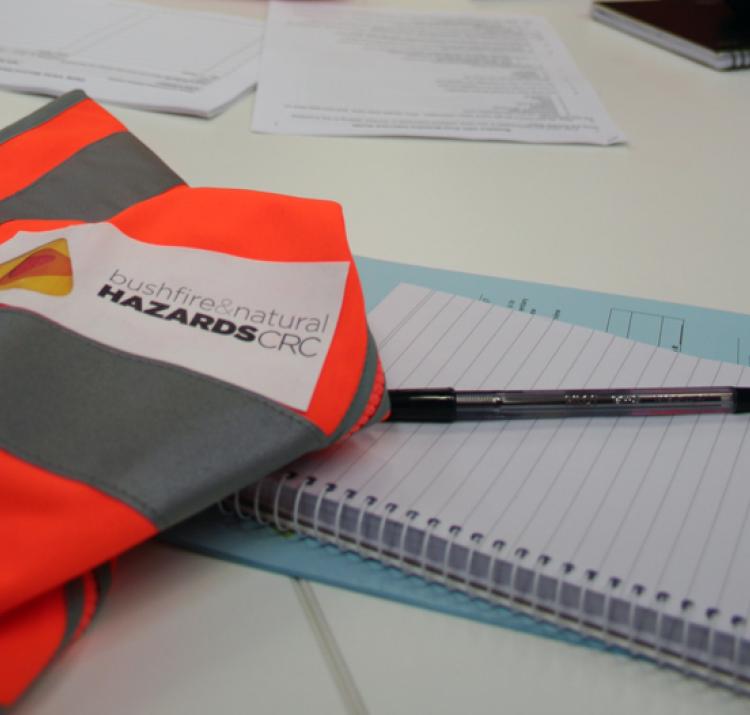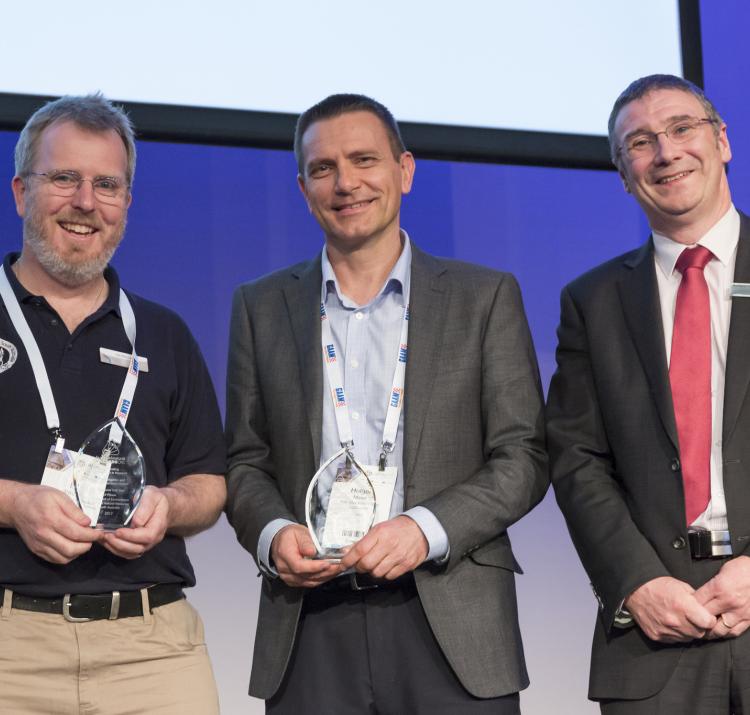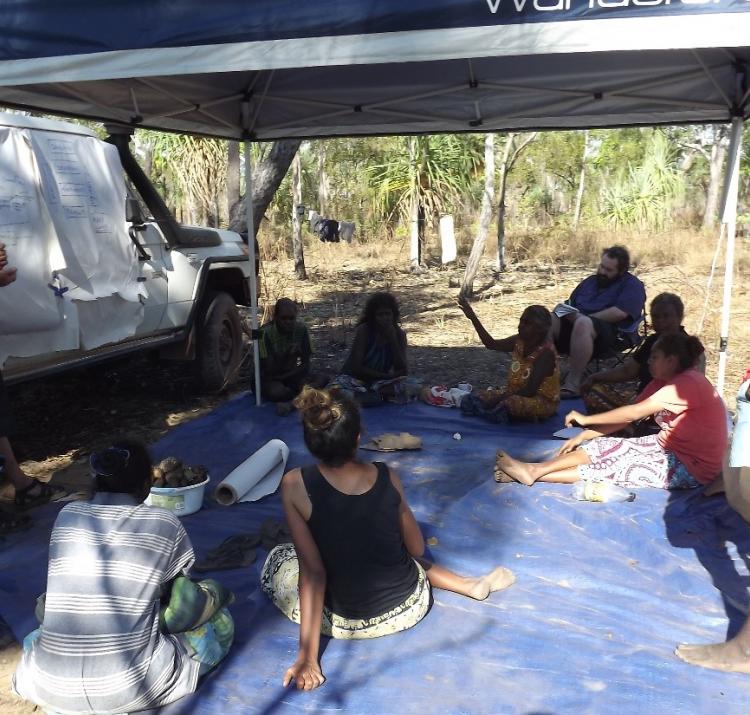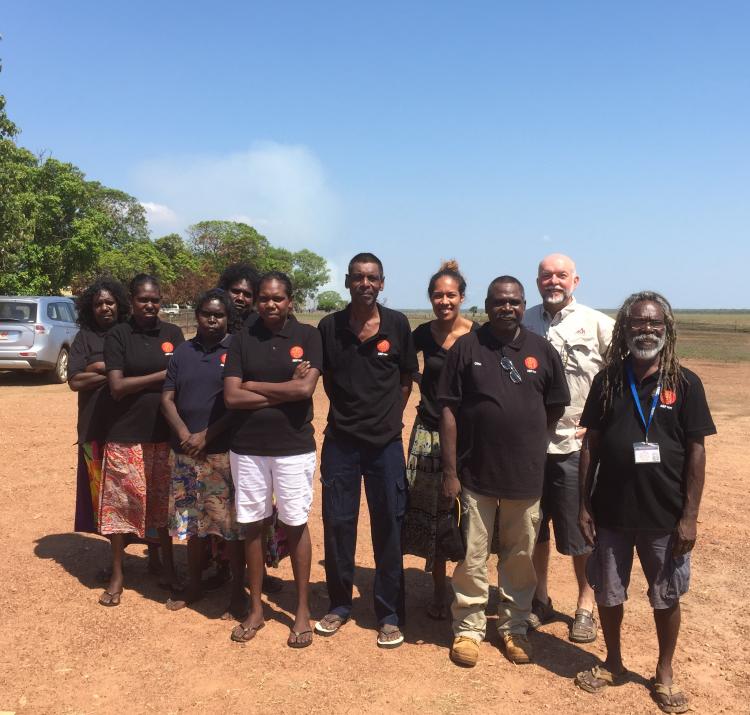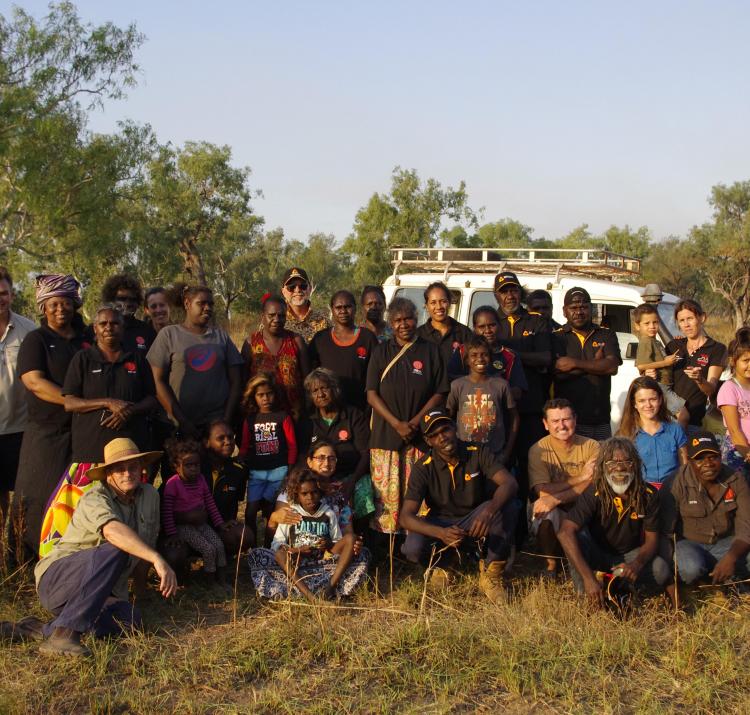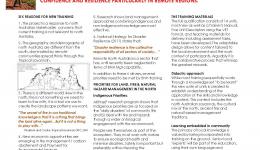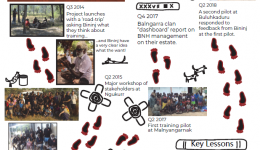Research leader
Research team
End User representatives
Fire and emergency management in northern Australia is quantitatively and qualitatively different to that in the south of the continent. To meet the needs of fire and emergency managers in northern Australia, this project has established training units that meet the requirements of emergency management in the north. The factors differentiating between northern and southern training needs are significant, ranging from geographical (the scale of northern natural disasters and distances), to social and cultural, including the impacts of natural disasters on remote Indigenous communities.
Nearly 360,000 of the people living in northern Australia live in communities with varying degrees of remoteness from ‘outer regional’ to ‘very remote’. These communities are predominately inhabited by Indigenous Australians with the percentage rising in direct proportion to remoteness.
The project has developed a training program that builds on the current assets in place, such as the ranger programs, and leads to increasing levels of competence and confidence and in its turn, resilience. The project is a response to north Australian stakeholder concerns that existing training is inadequate for their needs.
New training materials were developed, with courses or packages that provide remote communities the skills and knowledge to manage landscape scale fire regimes, as well as a range of other natural disasters. Pilot training courses begin in late 2016.
The project study reviewed 21 training courses offered through Charles Darwin University and its Registered Training Organisations. Five new training units were completed, and additional units developed to suit the needs of northern Australia. These adapted and new units will provide a comprehensive training package that is sensitive to Indigenous cultural and language variations and reflects local knowledge and contexts. This will allow qualified trainers to deliver training in ways that can be tailored to suit remote locations. The project has also developed a Course Delivery Handbook based on the training materials.











